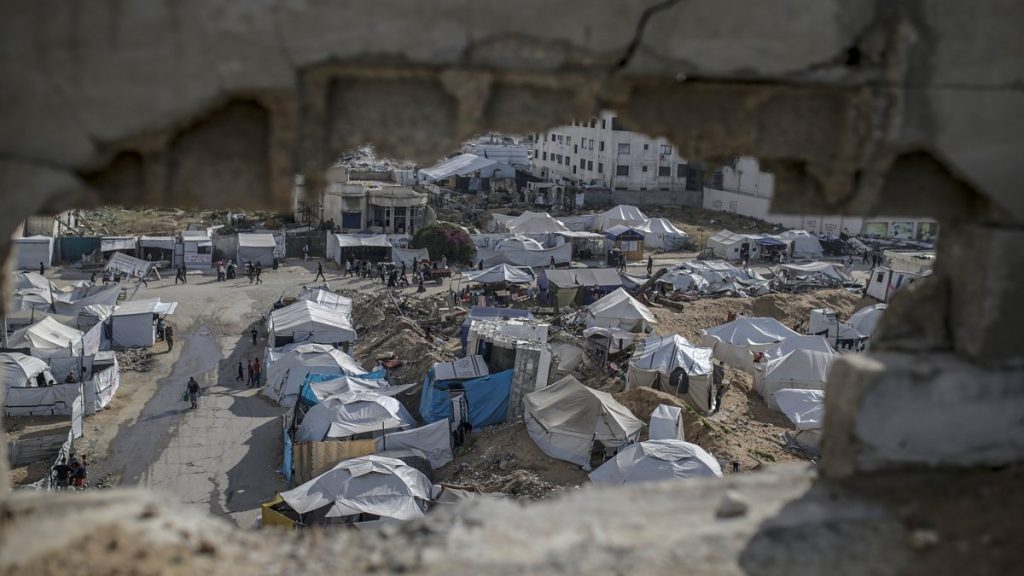In order to correctly interpret recent developments in the Middle East, we first need to answer the following questions: Who wants chaos in the region, and who is creating it? Who benefits from it, and how can the region be cleared of it?
Looking at the ongoing genocide in Gaza, it is clear to everyone that Israel and its global supporters, the leading Western governments, want chaos in the Middle East, creating it in the region. As chaos increases in the Middle East, the possibility of external intervention also increases. On the contrary, as stability increases in the region, the possibility of external intervention decreases. Therefore, global powers are trying to prolong regional crises in order to maintain the regional states’ dependence on them. The imperialist powers and their regional representative, Israel, do not want a regional system that will produce political stability, social peace and economic prosperity for the states of the region.
According to the dominant Western and Zionist narrative, the priority of Western countries in the Middle East is the national security of Israel. This is a big lie and misdirection. Israel’s ongoing genocide and unilateral aggression against regional countries such as Syria have proven this political narrative to be untrue. The main purpose of the Western support is to pave the way for Israel’s grand project, the Greater Israel.
The primary goal of pro-Israeli global powers is not to ensure Israel’s national security. All observers know well that no state in the region poses a threat to Israel. First of all, this is unrealistic because no regional power can challenge the State of Israel, which has the full support of Western countries. Second, all regional political actors, including Hamas, declare their readiness to recognize the State of Israel within the 1967 borders recognized by the United Nations Security Council resolutions.
Third, the staunchest opponents of Israel, Iran and its proxy actors, have also suffered a serious loss of power. No Arab state, including its neighbors, threatens Israel. For example, despite the new Syrian government’s repeated statements that it does not want to conflict with Israel, the Israeli state has been bombing the country since the overthrow of the Assad regime.
What to do?
First of all, the unrestricted Israeli attacks on regional countries must come to an end. To this end, the Western countries that have given Israel a blank check must take their blank check back. The Israeli government is further deepening the humanitarian tragedy in Gaza. It prevents the entrance of any humanitarian aid, including the very urgent needs such as wheat and flour. It exposes innocent people, mostly women and children, to starvation and death.
It is clear that the unlimited Israeli use of violence against innocent Palestinians damages not only the image of Western countries but also harms their national interests. The more Western states support Israel, the more political instability and insecurity they will experience. Considering the potential impact of the failed or vulnerable states in the Middle East, Western countries will have to pay certain costs and consume most of their energy in the region. For example, thousands of people have migrated and may continue to migrate to Western countries.
Second, Arab countries such as Egypt and Jordan, which have remained indifferent to Israel’s brutality, have created great tension and social unrest. Political and social explosions may occur at any time in some Arab countries. No Arab regime can escape responsibility for the oppression in Palestine. The Arab peoples are naturally concerned about the future of their Palestinian brothers, who have suffered from Israeli oppression for the last 20 months. The continuing Israeli oppression could lead to a regional explosion.
Third, the Israeli government continues to exploit the presence of ethnic and religious minorities, such as the Druze, against the new government. Therefore, Israel is the main actor responsible for the vulnerability in Syria. In an atmosphere where the Arab world is politically lost and the Iranian regional coalition is in the background, Israel has begun to play a very dangerous game by challenging the existence of Türkiye in the country. Türkiye, which has been supporting the Syrian opposition since the outbreak of the civil war in 2011, is determined to continue its support for the new Syrian government. Therefore, for the West, it will be a great test to see a potential conflict between Türkiye and Israel.
Against all these anomalies, minorities living in Syria, including the Kurds and the Druze, should not be provoked by the external powers such as Israel and should choose to live in peace with the rest of the Syrian people. News on the ground proves that the Syrian minorities are determined to remain loyal to the central government and choose to live in peace with the rest of the population. The Turkish government also encourages the minorities in this direction.


